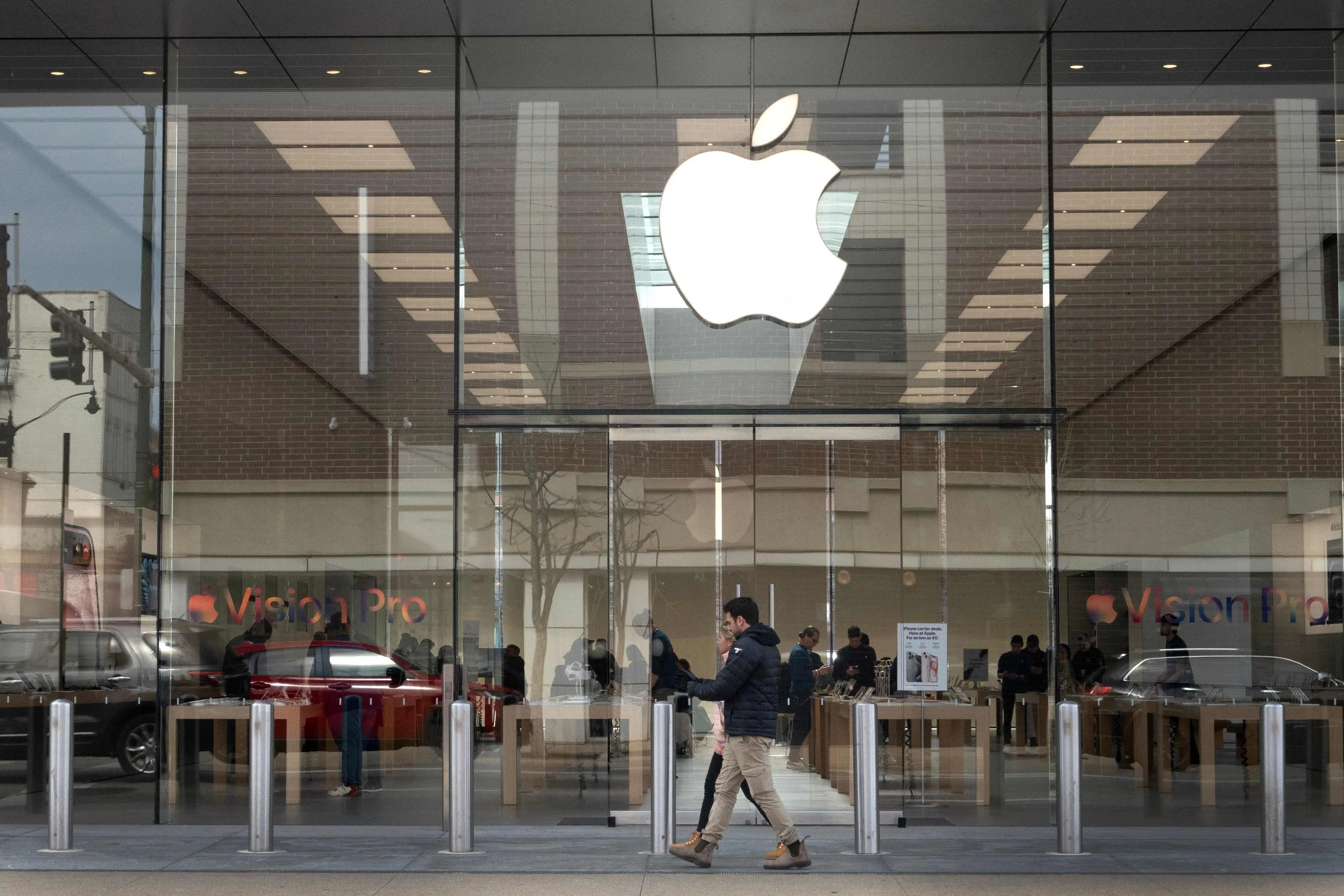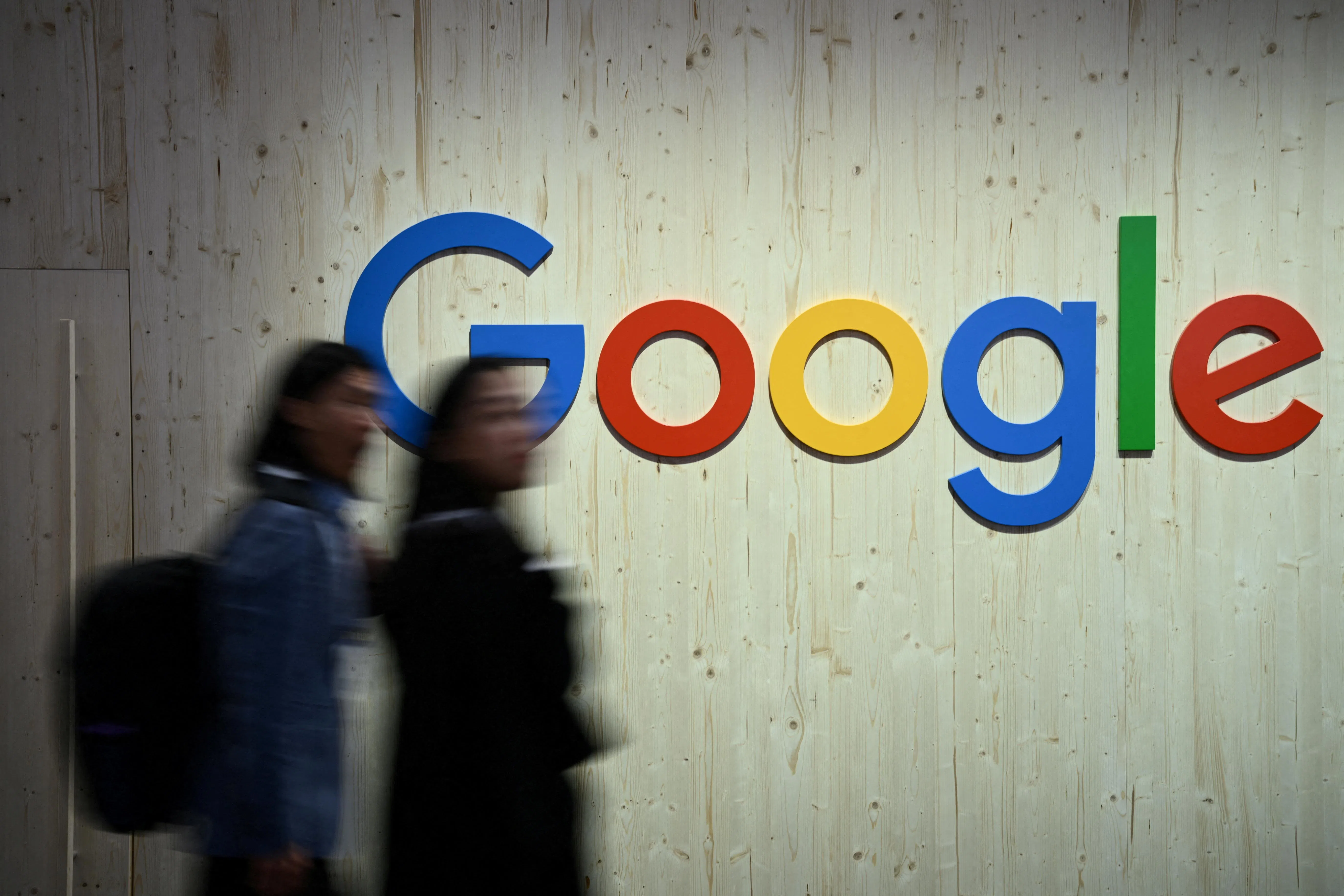APPLR on Thursday said its quarterly profit ebbed but topped market forecasts as it announced an unprecedented US$110 billion share buyback.
The iPhone maker reported a profit of US$23.6 billion on US$90.8 billion in revenue in the first three months of this year.
“Given our confidence in Apple’s future and the value we see in our stock, our Board has authorised an additional US$110 billion for share repurchases,” chief financial officer Luca Maestri said in the earnings release.
Shares were up nearly 6 per cent to US$183 in after-market trades, buoyed by the epic buyback program.
Apple took in a record high amount from digital goods and services sold to fans of the iPhone-makers gadgets, chief executive Tim Cook said in an earnings release.
As expected, iPhone sales dropped with pressure growing from China and increased competition from Huawei.
GET BT IN YOUR INBOX DAILY
Start and end each day with the latest news stories and analyses delivered straight to your inbox.
The Silicon Valley giant reported US$45.7 billion in revenue from iPhone sales, its main money maker, versus US$51.3 billion in the same period a year earlier, a ten per cent drop.
In the key Greater China market, sales of iPhones shrank to US$16.4 billion from US$17.8 billion in a year-over-year comparison, earnings figures showed.
Tech giant Huawei recently reported that its first-quarter profits surged over fivefold year-on-year, as the US-sanctioned firm continues to bite into competitor Apple’s sales.
“Apple’s sales were subdued during the quarter as Huawei’s comeback has directly impacted Apple in the premium segment,” Counterpoint senior research analyst Ivan Lam said.
In another setback for the iPhone, Samsung regained its position as the top smartphone seller worldwide in the first quarter of this year, according to industry tracker International Data Corporation (IDC).
No Vision Pro impact
As competitive pressure mounts on the iPhone, the Silicon Valley tech giant continues a push to ramp up revenue from services and digital content sold to fans of its devices.
But that move faces a threat from regulators and app makers who accuse Apple of essentially having a monopoly due to its tight control of the App Store and gadget operating software.
The US Department of Justice is suing Apple, accusing the company of illegally maintaining a monopoly for its iPhone by stifling competition and imposing exorbitant costs on consumers.
Apple said the suit was “wrong on the facts and the law, and we will vigorously defend against it.”
The EU is also probing whether Apple’s App Store is allowing app developers to show consumers offers, free of charge, outside of those app marketplaces.
Apple is also under pressure not to be left behind when it comes to incorporating artificial intelligence into its offerings.
Apple has said little about the technology, which rivals Google and Microsoft have been aggressively developing.
Meanwhile, the recently launched Vision Pro “spacial reality” headgear and a new MacBook Air laptop model are not likely to have “any impact at all on the company’s bottom line anytime soon,” Forrester principal analyst Thomas Husson said in a note to investors. AFP



